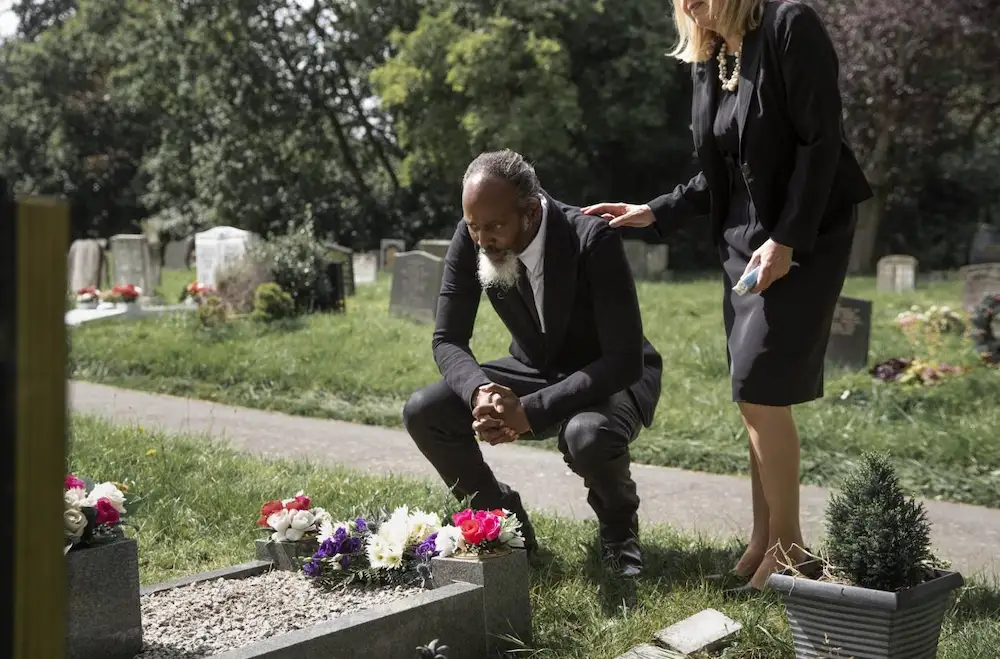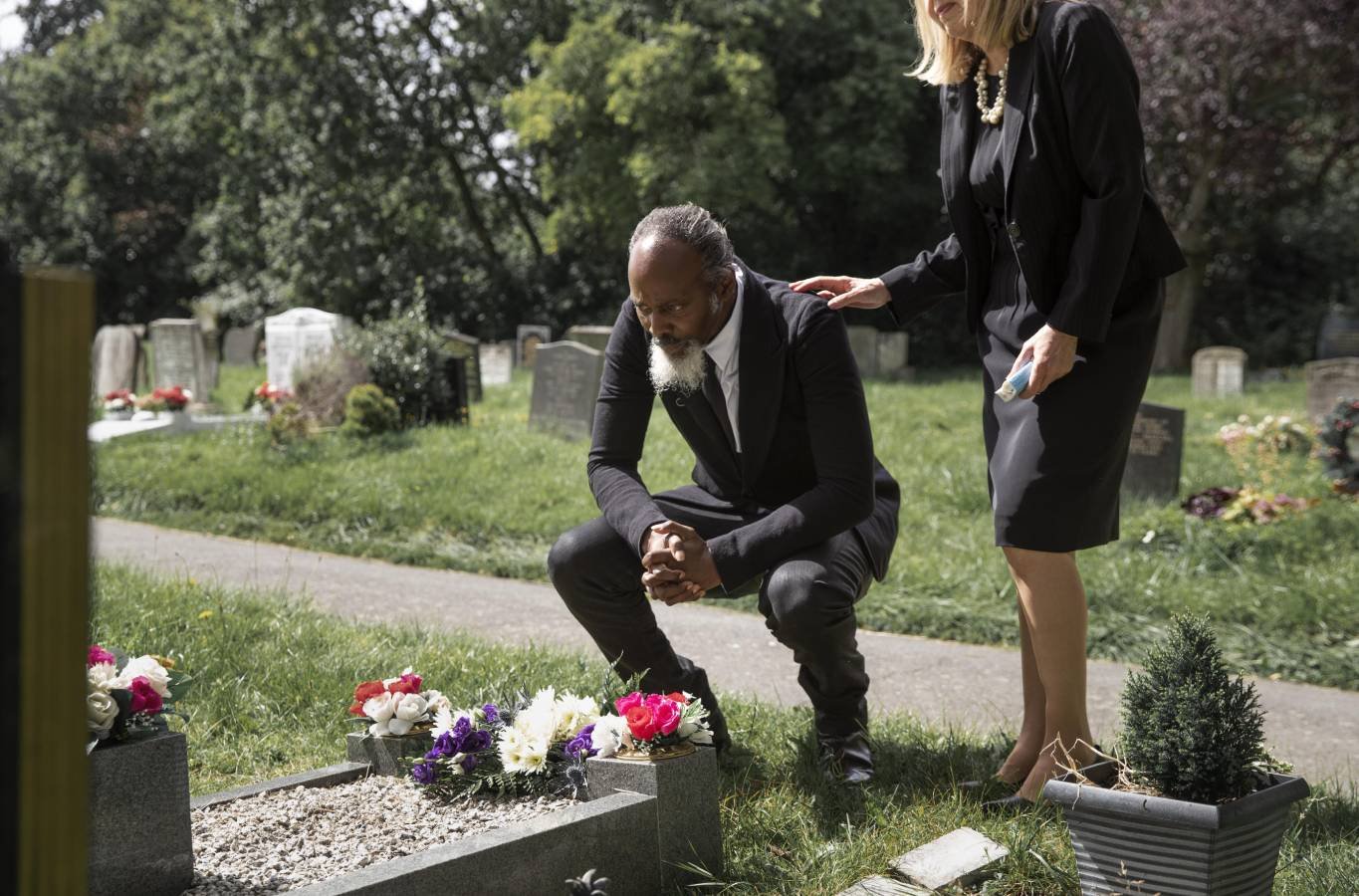
Grief & Loss
Psychiatric treatment for grief and loss focuses on helping individuals cope with and process the emotions and challenges associated with the loss of a loved one or other significant loss. Here is a clear and detailed explanation of this type of treatment:
1. Initial assessment:
Treatment begins with an initial assessment conducted by a psychiatrist. During this stage, the psychiatrist gathers information about the nature of the loss, the symptoms and difficulties the grieving person is experiencing, as well as any relevant medical or psychiatric history.
2. Supportive therapy:
Supportive therapy is a fundamental component of psychiatric treatment for grief and loss. In this form of therapy, the psychiatrist provides a safe and supportive space where the individual can talk about their feelings, memories, and experiences related to the loss. Supportive therapy can help the person process grief, normalize associated emotions, and develop healthy coping strategies.


3. Cognitive-behavioral therapy (CBT):
CBT is another therapeutic modality used in the psychiatric treatment of grief and loss. This therapy focuses on identifying and changing negative or distorted thought patterns that may contribute to emotional distress and the grieving process. CBT also emphasizes the development of effective coping skills and promotes healthy adaptation to the loss.
4. Medication:
In some cases, the psychiatrist may prescribe medication to help manage symptoms associated with grief and loss. This may include antidepressants, anti-anxiety medications, or mood stabilizers, depending on the individual’s specific needs. Medication is used as an adjunct to therapy and can help alleviate depressive, anxious, or disruptive symptoms that may be present.
5. Grief work:
Psychiatric treatment for grief and loss may also involve a specific focus on grief work. This entails helping the individual navigate through the different stages of grief, such as denial, anger, sadness, and acceptance. The psychiatrist provides guidance and support during this process, helping the person find meaning and understanding in their experience of loss.
6. Support network:
Throughout the treatment, the psychiatrist can assist the grieving individual in identifying and utilizing additional support resources such as grief support groups, religious or community services, and therapists specialized in grief. These resources can provide additional spaces of support and understanding, allowing the person to connect with others who have experienced similar losses.
Grief & Loss
It is important to note that psychiatric treatment for grief and loss is highly individualized and may vary based on each person’s specific needs and circumstances. It is crucial to seek the help of a trained mental health professional who specializes in grief and loss treatment to receive an appropriate and personalized approach.Grief and loss are natural processes that may take time. With proper support and treatment, it is possible to find a path towards healing and adapting to life after loss.At conexionMED we are here to help you, our team of professionals can guide you through this difficult process.




